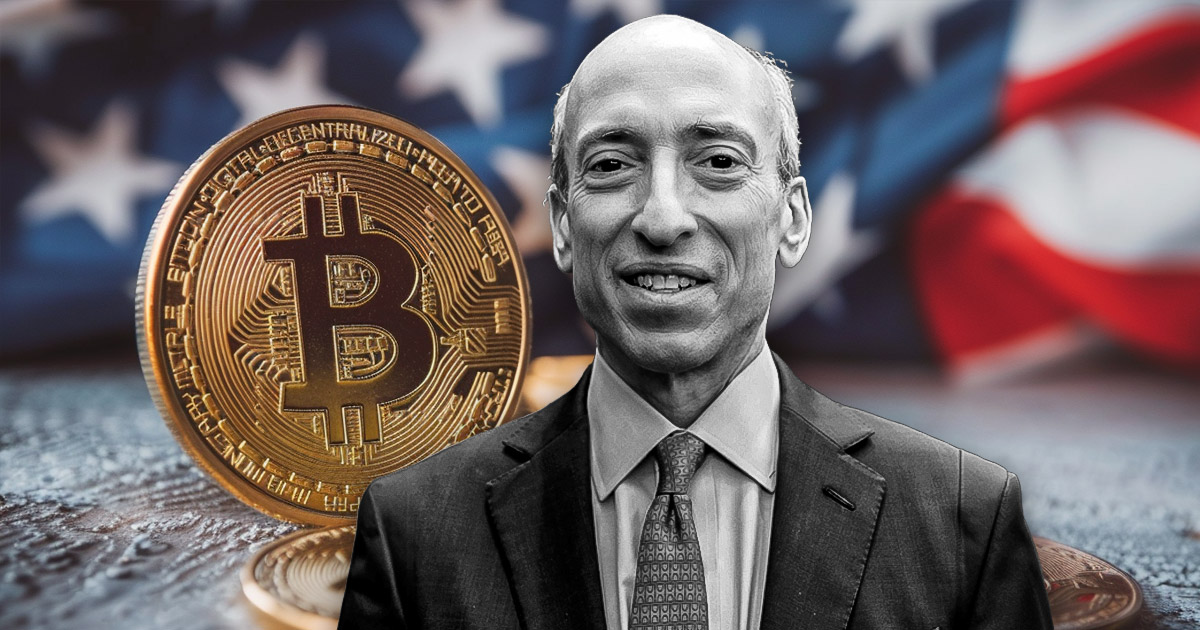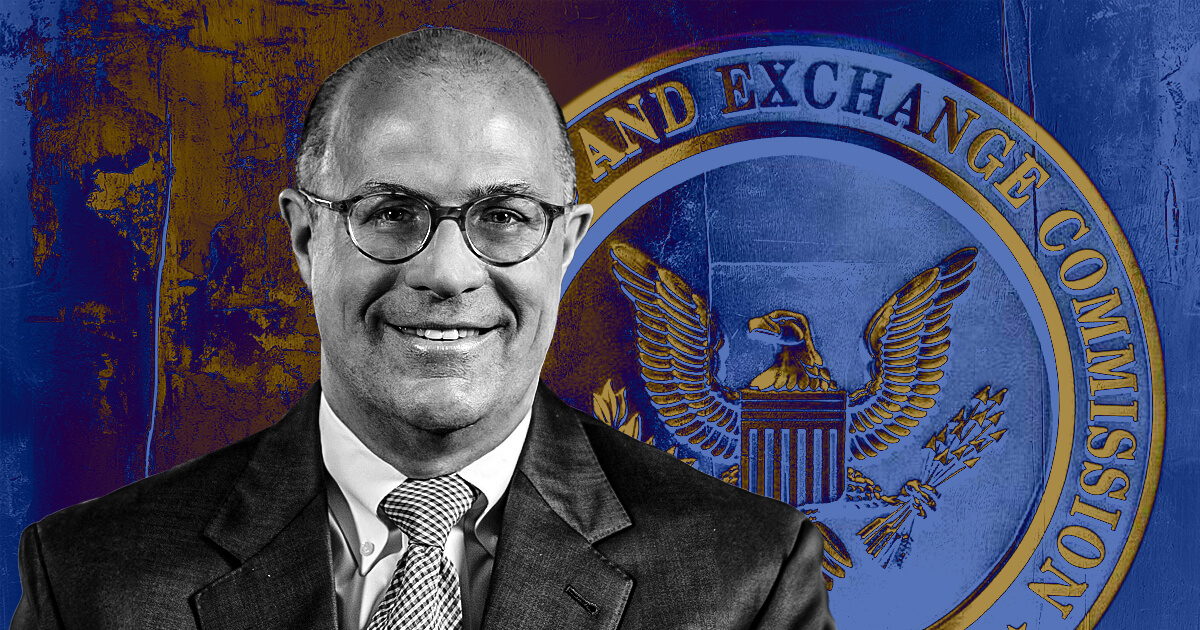On Capitol Hill, the industry has shelled out more than $60 million to shape federal policy since the start of 2021, according to filings analyzed by The Washington Post and data from OpenSecrets and Public Citizen, two money-in-politics watchdogs. The lobbying campaign helped spur the House on Wednesday to advancethe first major piece of legislation on cryptocurrency to clear either chamber of Congress.
The bill would shift some federal oversight of crypto from the Securities and Exchange Commission, an aggressive regulator, to the Commodity Futures Trading Commission, which some critics see as weaker, friendlier to industry, and underfunded. Coinbase, Ripple, and lobbying groups including the Blockchain Association and the Crypto Center for Innovation helped House Republicans devise the legislative approach, then aggressively canvassed the Capitol to rally votes for its passage.
Industry executives, investors, and workers — along with their companies’ official political operations — have also contributed nearly $90 million to campaigns and other groups over the last two elections, according to the analysis. They supported the architects and advocates of the House bill, including Representative Patrick T. McHenry, a North Carolina Republican who chairs the House Financial Services Committee. And the industry financed a trio of powerful new super PACs, which have flooded the airwaves with TV ads touting friendly candidates in both parties, often without mentioning crypto at all.
The spending estimates are an undercount, partly because federal campaign finance laws do not require companies and executives to disclose donations to certain nonprofit groups. Even so, the figures suggest the crypto industry now belongs to a category of Beltway powerhouses that regularly shell out massive sums to influence policymaking.
Speaking with reporters a day before House passage, McHenry acknowledged the myriad ways that cryptocurrency companies are “maturing” in Washington, a dynamic he described as critical toward crafting Congress’s first major crypto bill.
“That is a benefit for this vote,” McHenry said of the industry’s outreach, “and for policymakers to see that.”
Coinbase declined to make an executive available for an interview. Brad Garlinghouse, the chief executive of Ripple, said crypto ramped up politically to “provide a perspective about all the constructive, positive things about this industry.”
The Senate has not said if it plans to consider the legislation this year. The White House last week said it “opposes” the proposal but did not explicitly threaten a veto. Other leading federal watchdogs have issued more dire pleas in recent days, warning that the House crypto bill could unleash new dangers for the economy.
“The crypto industry’s record of failures, frauds, and bankruptcies is not because we don’t have rules or because the rules are unclear,” SEC Chair Gary Gensler said in a statement. “It’s because many players in the crypto industry don’t play by the rules.”
The industry’s rapid ascent in Washington is striking, two years after the calamitous failure of FTX, a marketplace where people could buy and sell virtual currencies — known as an exchange — that had been the world’s third-largest platform and was once valued at $32 billion.
In March, a federal court sentenced the company’s once-ubiquitous leader, Sam Bankman-Fried, to 25 years in prison, finding him guilty of numerous crimes that stemmed from his misuse of customers’ deposits on risky bets and illegal political donations. His actions ultimately wiped out FTX, leaving the company in bankruptcy and customers scrambling for refunds.
After the FTX scandal, many lawmakers sounded alarms that a wider crypto collapse could imperil the broader economy. But those warnings only quickened the political evolution already underway in the industry, which quadrupled the number of registered lobbyists in Washington from 58 in 2020 to more than 270 by the end of last year, federal data show.
“There needs to be an organized, concerted effort to engage with Washington,” said Kristin Smith, chief executive of the Blockchain Association, which represents many of the largest crypto platforms and investors. She added that it “was very clear in the post-FTX collapse that the crypto industry was in the penalty box.”
On Capitol Hill, the industry specifically sought “regulatory clarity,” primarily through legislation that would vest oversight responsibilities with the commodities trading commission, a half-century-old agency originally meant to oversee corn and grain futures. Many crypto supporters viewed it as a friendly regulator, at least compared with the SEC, which in recent years has brought 170 enforcement actions against digital currencies and trading platforms, including Binance, Coinbase, and Ripple.
By summer, House Republicans responded with the bill known as FIT21, a highly complicated proposal that would create a pathway for cryptocurrency companies to be regulated primarily by the CFTC.
The measure also would relax some of the financial disclosures crypto firms must provide customers while limiting when investors could sue for abuse. Crucially, the bill would provide no new funding for the commodities commission, despite its recent calls for Congress for a bigger budget. The commission did not respond to a request for comment.
Many cryptocurrency lobbyists and lawyers acknowledge they were closely involved in helping to draft the proposal. Sheila Warren, chief executive of the Crypto Council for Innovation, said last week that her group “workshopped” some of the provisions “a year-and-a-half, or two years ago.” The group is backed by Coinbase and investors including Andreessen Horowitz, a prominent Silicon Valley venture capital firm.
The industry’s proximity to the legislation alarmed consumer watchdogs, who argued the House threatened to create major regulatory gaps.
Lawmakers still approved the measure on a bipartisan 279-136 vote on Wednesday, marking the latest win for the industry.
Many Democrats said the dynamic recalled the 2008 financial crisis, when Washington failed to prevent the country’s largest banks from underwriting risky mortgages. Roughly 6 million people lost their homes in the resulting financial crisis and recession, while the US government spent trillions of dollars digging the nation out from the wreckage.
“Before the 2008 crash, when I talked about how inadequate our oversight of the banks was, I kept saying, it all looks OK today, but this will end badly,” Senator Elizabeth Warren, the Massachusetts Democrat, said in a recent interview. “I feel that way today. It may look OK out there right now, but inviting crypto deeper into our economy without putting adequate regulations in place will end badly.”
Cryptocurrency companies strongly resist those comparisons, arguing that members of Congress simply do not understand the new, fast-paced industry. To further shore up support on Capitol Hill, they have set their sights on this year’s election. Garlinghouse, the Ripple CEO, cited the “megaphone Elizabeth Warren has” as a reason for the industry’s massive campaign spending.
Credit: Source link















































